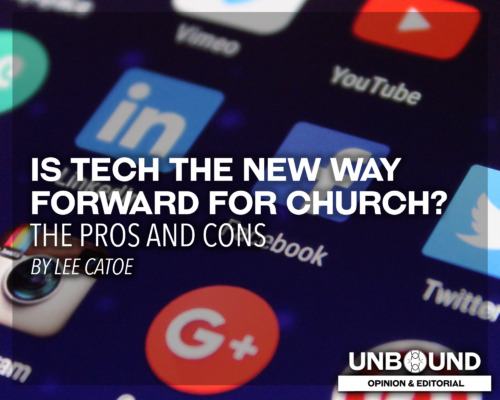This editorial has been updated in light of the decision made by the Committee on the General Assembly (COGA) to hold a virtual General Assembly in June, 2020:
The Advisory Committee on Social Witness Policy (ACSWP) submitted a letter to COGA that conveyed its concerns.
This brief editorial is meant to underline the importance of the Assembly, even one addressing less business than usual. The church is mandated to have a General Assembly in 2020, as there are legal and financial decisions that need to be made by a representative group of commissioners in order to renew budgets and the rotations of leadership and membership of national agencies. Many of the reports to this central decision-making body are time- and institution-sensitive, and thus the character and content of the church’s action may speak beyond itself in a culture where much organizational life is on hold.
In fact, in this time of Covid19’s growing US and worldwide impact, our concern must be for those most impacted; those who mourn deaths, those who experience severe symptoms, those who have lost work and income, and those in regions and countries hardest hit, where shortages of all kinds will likely make for enormous suffering—even if countries work together with international institutions in the best possible ways. Some states are seeing disproportionate rates of infection and mortality in racial-ethnic communities. In this US context, the Presbyterian Church (U.S.A.) is one more body facing funding, program and personnel challenges in its denominational agencies and more so in many congregations, some of which also have limited electronic communications and cannot livestream their worship services, for example.
In the course of their deliberations, the COGA and its staff moved from terming a core list of business items “essential” to identifying them as “critical.” Indirectly, this process asks the church as a whole, how essential or critical the General Assembly itself is. Only the Assembly administrators can know how much electronic capacity there can be, at reasonable cost, to conduct even a limited slate of business. COGA’s decision reflects those factors and ACSWP agreed with holding to the original June timeframe for the Assembly for reasons of timeliness.
ACSWP and other bodies communicated to COGA their views that the social teaching of the church, its ethical reading of various pressing matters, was a critical dimension of the Assembly’s work—especially when the US congress is seriously divided over whether to ensure voting by mail or other means by every US citizen. How this deliberation would occur, and how much business of any kind will now be done, are secondary to the Assembly having some kind of participatory deliberative process. ACSWP did not mention any particular issues, but suggested that there was some obligation to respond however possible to the various bodies that had prepared and submitted materials for the Assembly’s consideration. So, along with understandably institution-sensitive matters, ACSWP and others encouraged an outward focus and affirmed that the Assembly itself is part of the church’s witness.
COGA should be applauded for keeping the national agency expressions of the church on track in a very anxious time. Being a participatory and representative church body is always costly, but the General Assembly’s role as symbolic center of the denomination deserves respect and there seems not to have been options to refer some business to other representative bodies. That matter of referral, now generally moot, is touched on in the ACSWP letter.
Clearly the Covid19 virus is accelerating the church’s need to change. Equally clearly, the PCUSA still has a process for careful deliberation that can evaluate precedents from the past and precedents being set right now for the future. “Decently and in order” remains a pretty good motto, along with the “reformed, ever reforming” awareness of the Spirit’s call in each new challenge. We pray for the Assembly and all those making decisions in the time leading up to it.
Unbound normally does a well-read issue of articles on business going to the General Assembly. The Assembly is the symbolic “court” or central place where projects are presented, prayed over, and even blessed, and servants of the church honored. It performs many functions, and the decision-making—with the best possible information—is a big part of that. The principles of Presbyterian Church government and other aspects of our character are part of what is at stake. In light of the new configuration of the Assembly, ACSWP and Unbound will reflect further on possible ways to fulfill their mandates to serve.
ACSWP sent in its views, and there are others who have communicated as well. The principles of Presbyterian Church government and other aspects of our character are part of what is at stake. To read the response from the Advisory Committee on Social Witness Policy, click here.
Chris Iosso is the General Editor of Unbound and the Coordinator for the Advisory Committee on Social Witness Policy in the Presbyterian Church USA.





Unbound Social